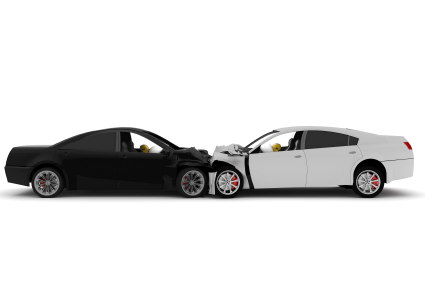Autonomous Cars to take-off as Google patents a “sticky” layer for protection

Vehicle history expert Cartell.ie has looked at the issue of autonomous (self-driving) cars before. Over the past 2 years there has been a regular stream of stories about them. One publication anticipates 10 million self-driving cars on the roads worldwide by 2020. In their report “Self-Driving Cars: The Next Revolution” analysts KPMG say:
The new technology could provide solutions to some of our most intractable social problems—the high cost of traffic crashes and transportation infrastructure, the millions of hours wasted in traffic jams, and the wasted urban space given over to parking lots, just to name a few. But if self-driving vehicles become a reality, the implications would also be profoundly disruptive for almost every stakeholder in the automotive ecosystem. As one industry executive put it, “Everything, from how we move goods to how we move ourselves around, is ripe for change.”
We’ve looked at the issue of autonomous car crashes before and considered whether autonomous EVs are genuinely safe on current road infrastructure. One angle published by business reporters Bloomberg is the fallout from an accident involving two autonomous EVs. The argument runs that if computers crash then autonomous vehicles will crash also – in the literal sense. And when they crash into each other there may be a whole host of potential wrong-doers including, says the article, “computer programmers, computer companies, designers of algorithms, Google, mapping companies, even states. It’s going to be very fertile ground for lawyers.“
On this point it has been reported this week that Google – who are pioneering many aspects of the autonomous vehicle – have received patent approval for a “sticky”adhesive layer which will activiate on impact and grab a pedestrian which hits the vehicle – assisting in preventing the by-stander from being propelled off the vehicle into other objects. The patent is interesting, not least because it is an acknowledgement by the internet giant that autonomous cars are not infallible.